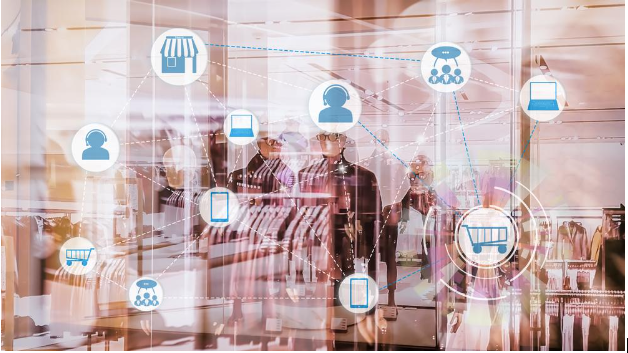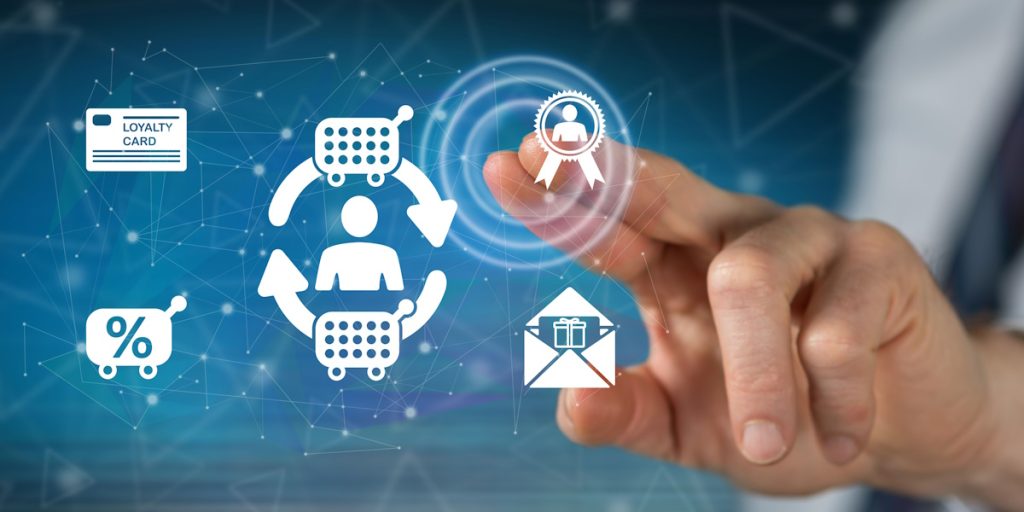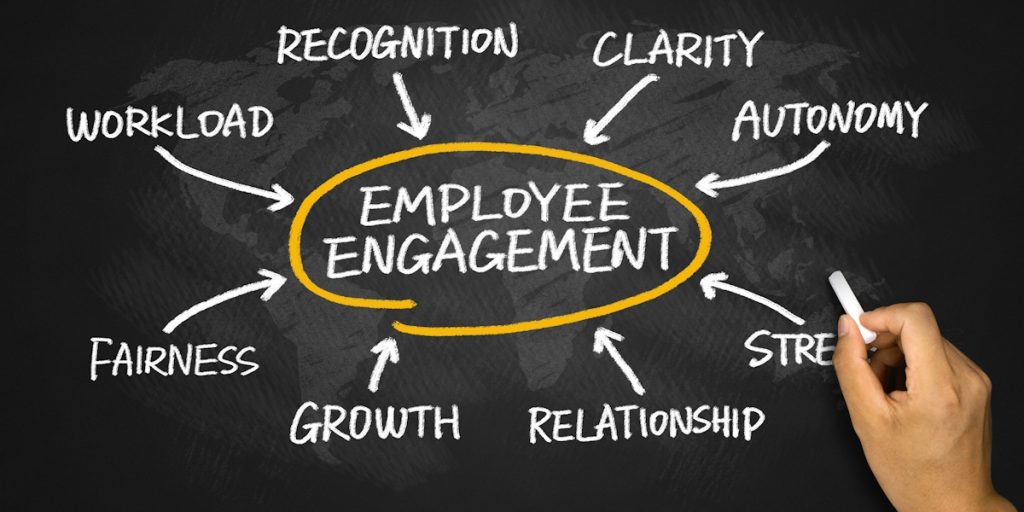In the fierce competition for Business-to-Business (B2B) customer relations, building B2B Loyalty Programs among customers is the primary and essential key to avoiding this failure and business will be sustainable and successful. Due to the complex nature of industrial sectors and business requirements, uniform marketing solutions aren’t desirable as loyalty programs. Therefore, customized approaches are preferred.
On the other hand, the main point is that businesses should tailor successful loyalty programs for business relationships enough to meet the specific needs of a variety of markets to achieve business relationship goals, like channel engagement, and sales growth. Through this thorough tutorial, we present a step-by-step easy-to-follow guide. It explores challenges encountered by managers and marketers in developing loyalty programs, efficient engagement, lead generation, and business growth.
Understanding B2B Loyalty Programs
Companies assemble business-to-business loyalty programs to attach committed clients to a business and establish long-term transactions. Although, the value of B2B sales programs is based on the delivery of value-added services or holistic support as well as on the customization of benefits in the context of business customers’ needs.
Segmentation for Personalization
The first principle in the tailoring of business loyalty programs and Lead Generation B2B is segmentation. Hence, by grouping prospective clients into distinct segments based on industry, company size, purchasing behavior, or geographical origin. Enterprises can craft loyalty programs tailored to specific requirements and preferences.
Small companies may be grouped under one segment, medium enterprises under the second. Depending on the segment, each can have various objectives like NMS on Zero-Based Budgeting, New Online Customer Acquisition, and Cross-Selling. Small businesses can be the custodian of affordable and simple tools, while corporations opt for scalability and customization. Therefore, to foster business relationships, companies could be in a position to specialize their rewards programs to make targeted offerings and, thus, increase participation.
Aligning with Sales Channels
B2B loyalty programs represent the primary way of combining the sales channel with the aim of achieving better results. The loyalty program intertwines with the sales process. This implies customizing loyalty initiatives to the sales process and ensuring that incentives and rewards follow desired actions and results.
Let’s talk about the situation when businesses give rewards or discounts for the referral. Clients in their existing base may then promote their products or services to their group. Similarly, loyalty program benefits can be linked to particular breakpoints in the sales loop. This ensures actions like contract renewing and crediting upsell orders pave the way for revenue growth.
Enhancing Channels Engagement
Channel engagement that is truly effective would position the programs to realize the expected return on investment. The use of multiple platforms such as web portals, emails, and even physical communications can amplify the level of awareness toward the advantage of clients.
In addition to this, enterprises will also have to be proactive in terms of ensuring that channel partners are engaged with the lead generation B2B loyalty programs as well as engage in collaboration. This can be achieved by providing support in training the sales team, granting recognition for implementation, and conducting research to improve the program.
Driving Lead Generation
Along with lead generation, loyalty programs among businesses are vital in expanding client base. By creating referral systems, local community members become additional customer sources.
Suppose a company develops a program where it rewards customers for qualified referrals. It creates a climate where clients recommend products and services to friends, gaining benefits. Similarly, enterprises collaborate with complementary companions to promote loyalty programs, expanding market availability.
Measuring Success and Optimization
Measurement and optimization of metrics largely determine the effectiveness of B2B customized loyalty programs. Companies should set KPIs as strategic steady markers of program performance. They serve as potent means of consumer retention, sales, and referrals growth.
Closing the loop involves tracking performance data and incorporating suggestions from clients and channel members. This enables desired improvement in loyalty campaigns. Through redesigning incentives, expanding the benefit package, and even more, selecting distinct segments through customized ads is a must.
Conclusion
To create friendly relationships and receive good results, multichannel marketing teams definitely should set up B2B loyalty programs for different markets depending on needs and it is very important for them. Businesses can set up loyalty initiatives by dividing clients, aligning with a sales platform, enhancing engagement. This turns clients into partners with long-term value.
We at IncentivAction will help you win a customized loyalty program for your business, owing to which you can run your business according to the diverse market needs.
Would You Like a Free Consultation for revolutionize your workplace motivation with Innovative Rewards System?




